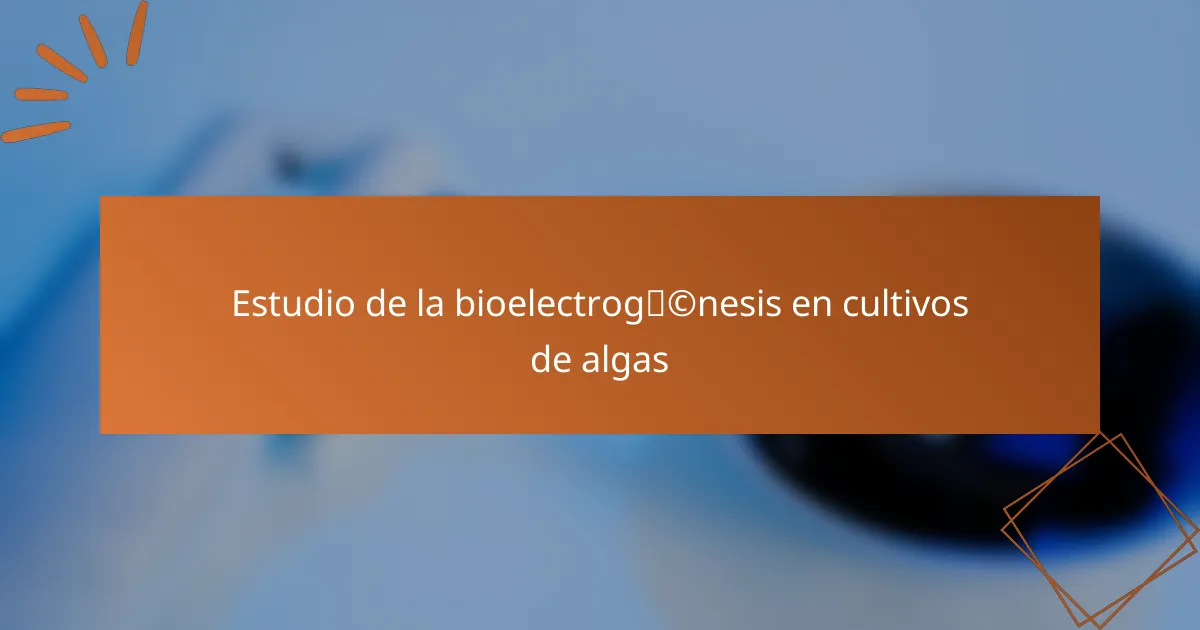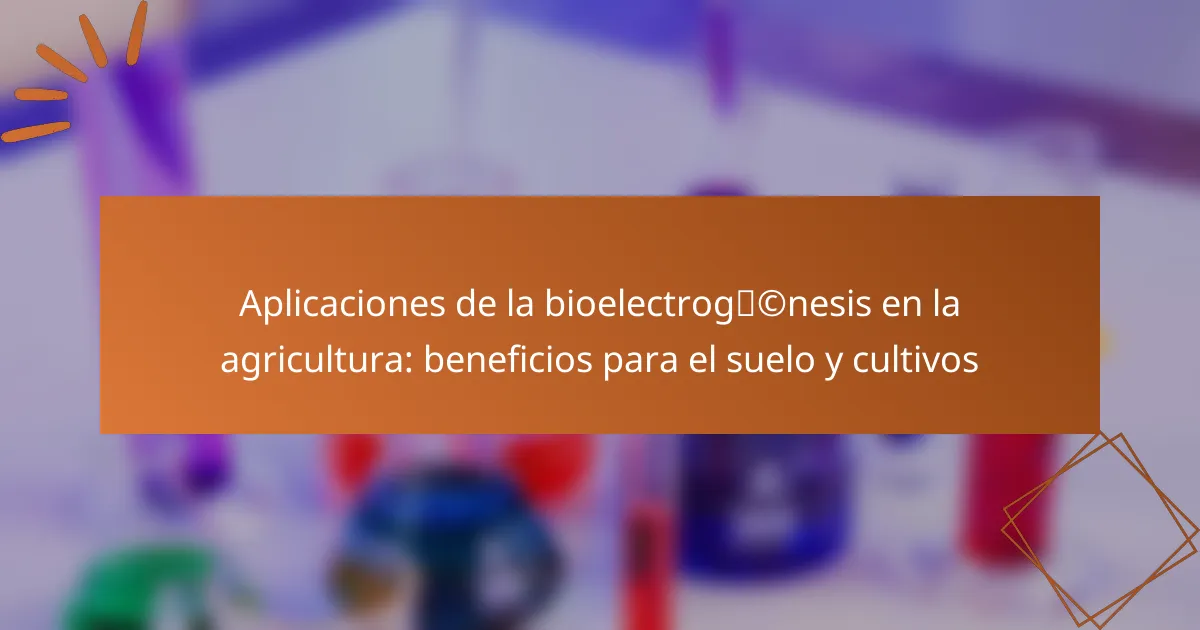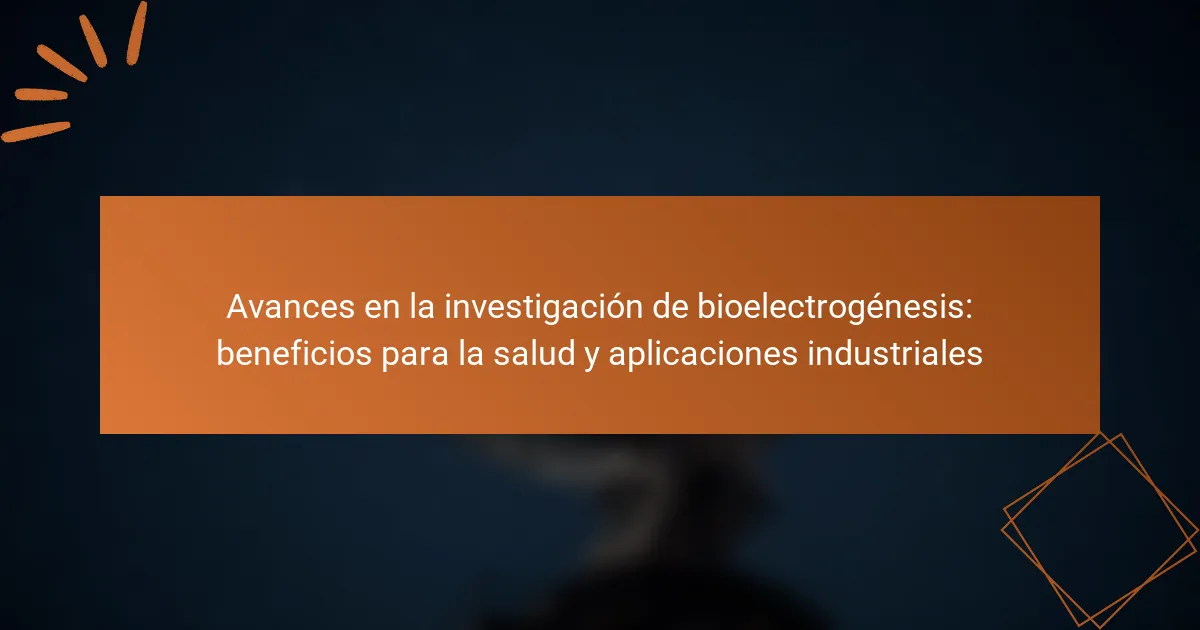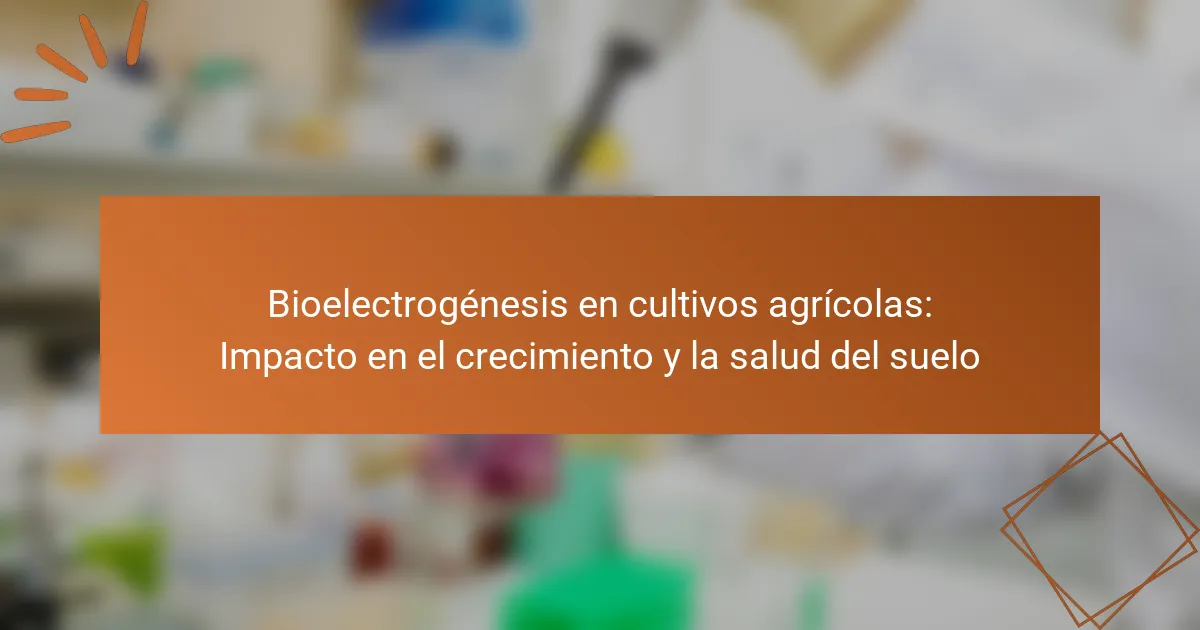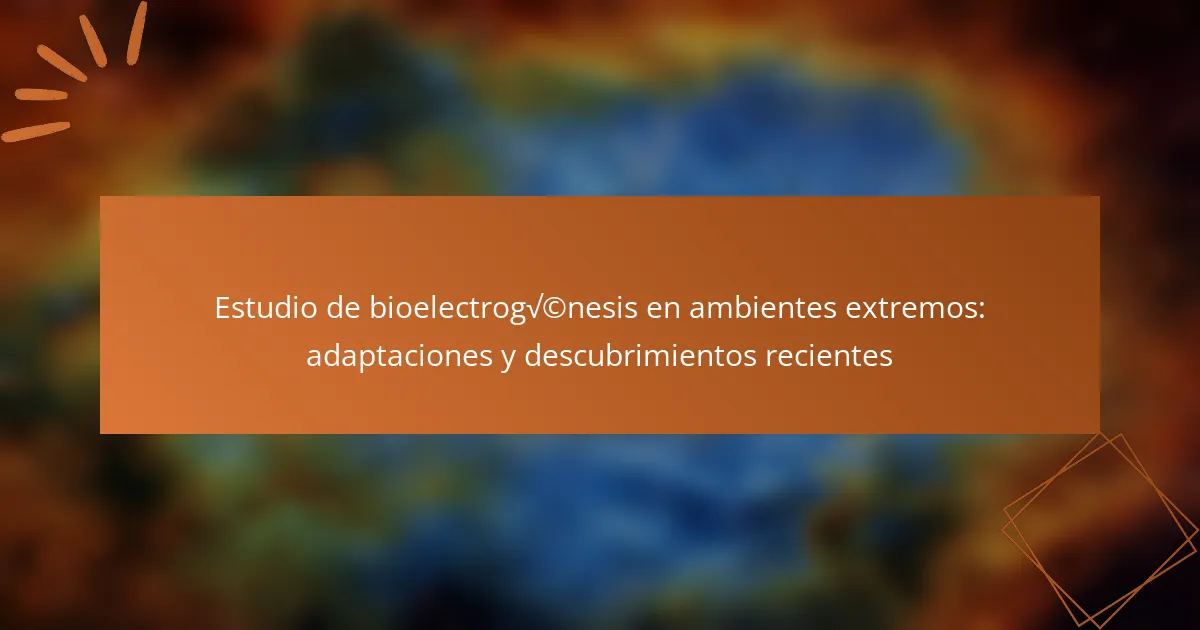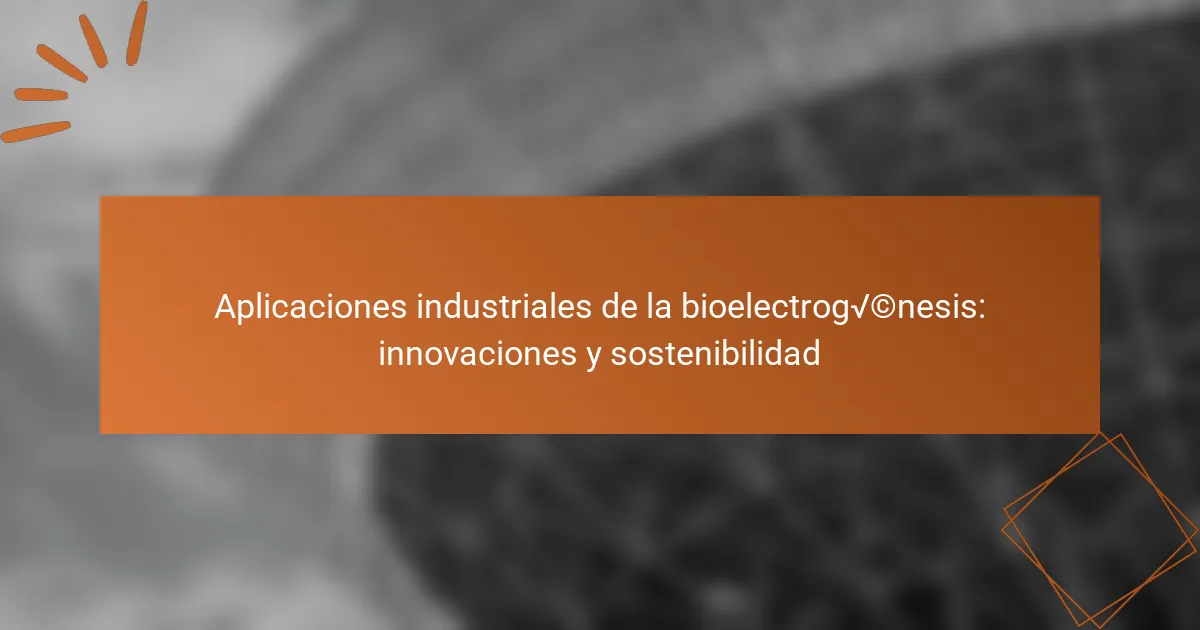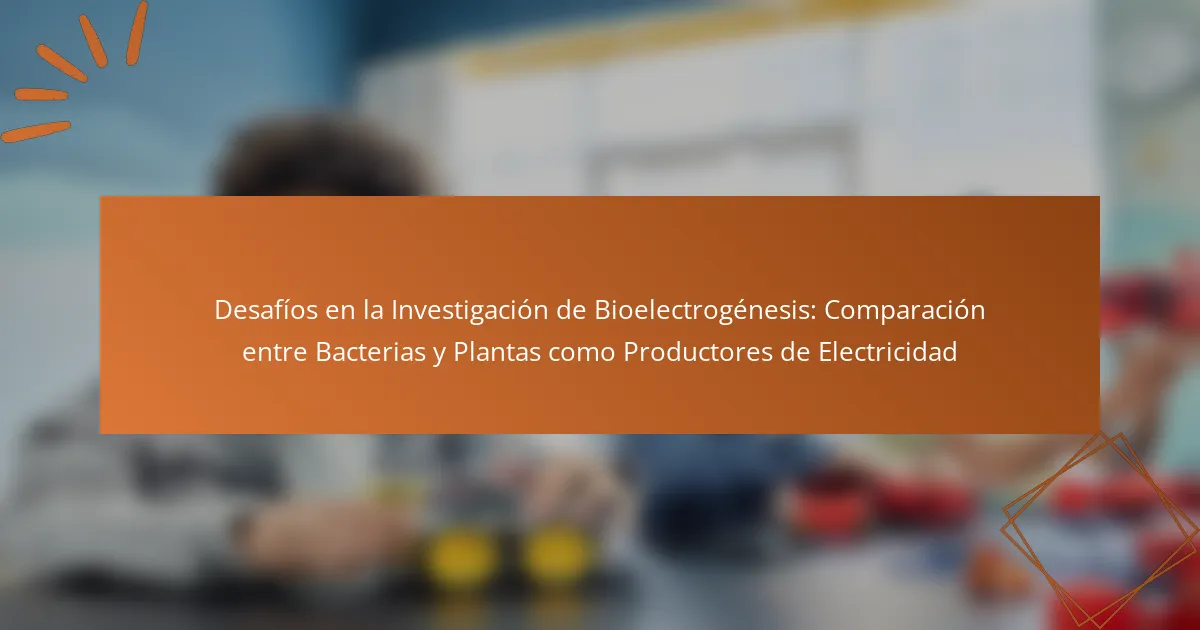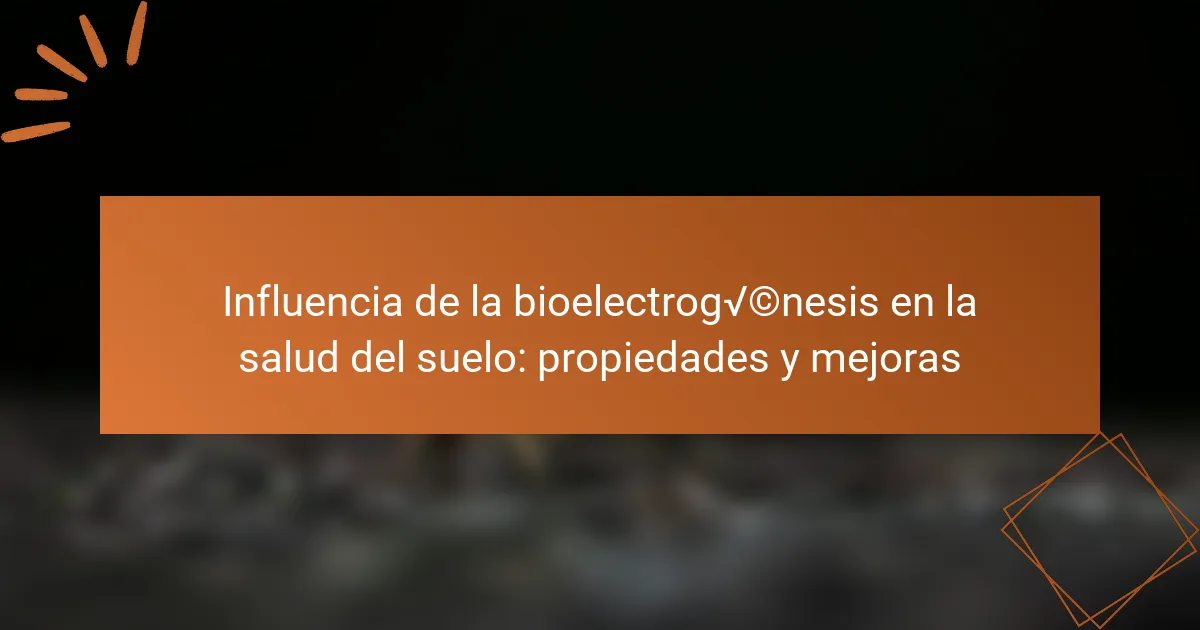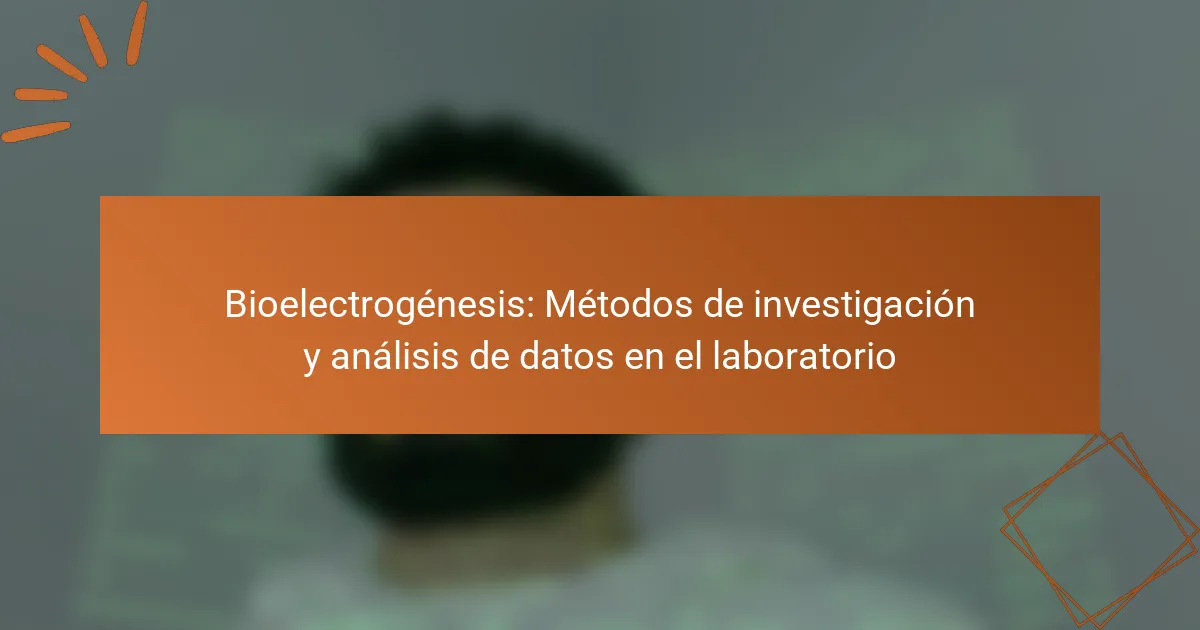
Bioelectrogénesis: Métodos de investigación y análisis de datos en el laboratorio
Bioelectrogénesis is the process by which living organisms generate electrical current, primarily observed in specific microorganisms that transfer electrons across their membranes. Key factors influencing bioelectrogénesis include temperature, pH, and nutrient availability, which interact in complex ways to affect microbial activity and efficiency in electricity generation. Temperature impacts metabolic activity, while pH influences compound solubility…
